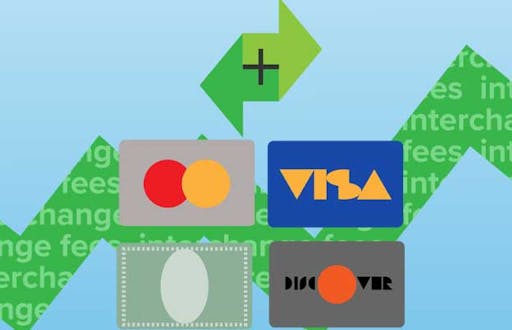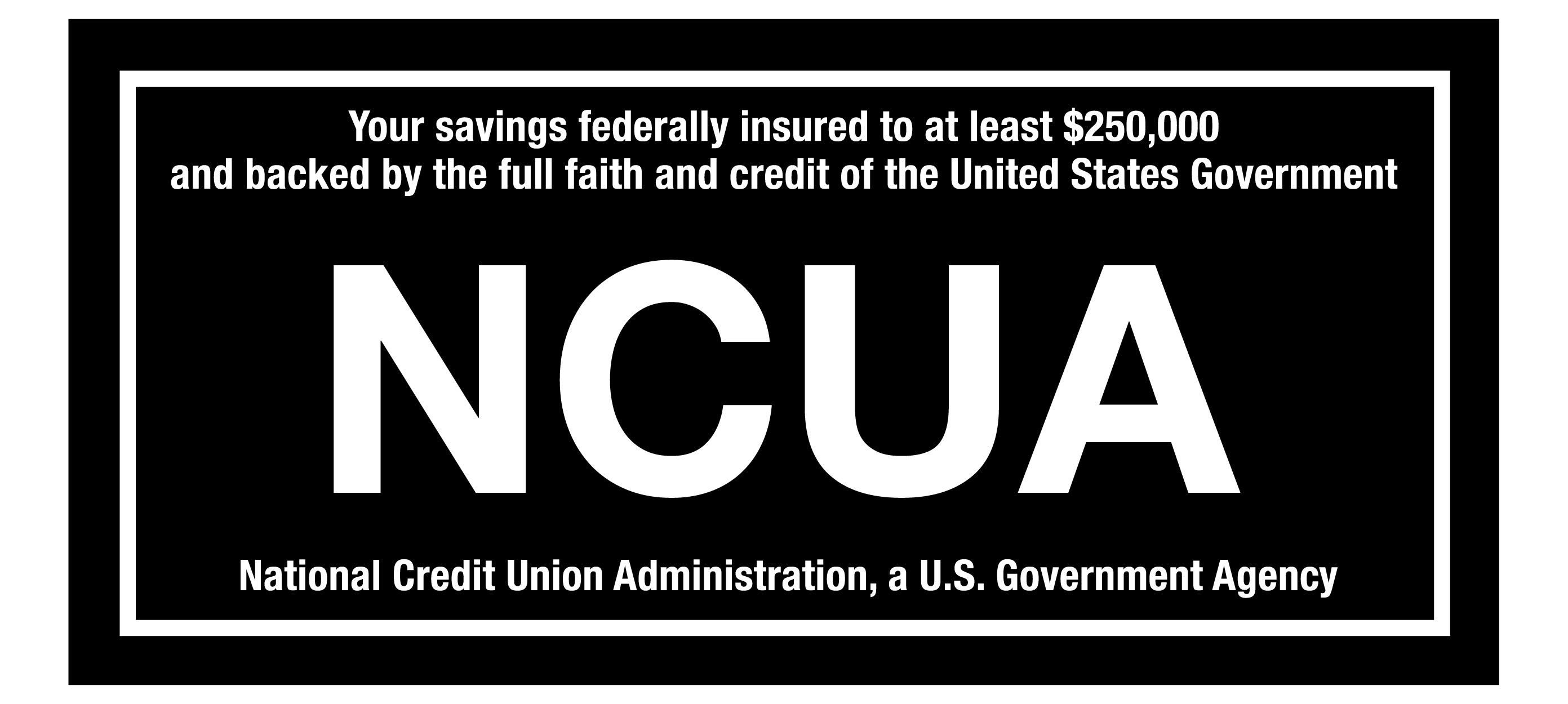FRAUDULENT CALL ALERT! CapEd has been made aware that members are receiving calls that appear to be from CapEd claiming to need personal information to resolve fraud on a debit card. CapEd will never call you and request social security numbers or full card numbers over the phone. If you are concerned about a call you've received, please reach out using the Let's Talk live chat button or call 800-223-7283. You can also review our Safety & Security measures here.
FRAUDULENT CALL ALERT! CapEd has been made aware that members are receiving calls that appear to be from CapEd claiming to need personal information to resolve fraud on a debit card. CapEd will never call you and request social security numbers or full card numbers over the phone. If you are concerned about a call you've received, please reach out using the Let's Talk live chat button or call 800-223-7283. You can also review our Safety & Security measures here.
FRAUDULENT CALL ALERT! CapEd has been made aware that members are receiving calls that appear to be from CapEd claiming to need personal information...

Merchant services fees vary depending on several factors including the type of cards a business chooses to accept, the type of software or hardware you select to process payments, and how a payment is accepted.
Merchant Services Fee Pricing Models
There are several different pricing models that vary depending on the merchant services provider you partner with. Navigating the different options can be time consuming and confusing, but we'd like to focus on the two most common types: Interchange Plus Pricing (also referred to as “Interchange Pass Through Pricing”) and Tiered Pricing. In this post, we'll explore Interchange Plus Pricing.
Interchange Plus Pricing
Interchange Plus Pricing is the cost of interchange, which is then added to the merchant services providers' charge to process each transaction. Interchange fees are set by payment networks, such as VISA and Mastercard. The fees from these payment networks are the same no matter which merchant services provider you use, but interchange fees can fluctuate and typically change annually or bi-annually, as determined by the payment networks.
A Transparent Pricing Model, But Complicated
Interchange Plus Pricing is the most transparent pricing model because it allows business owners to see the true charges assessed for accepting specific card types, as well as their cost for processing a transaction. However, as there are hundreds of different interchange rates and so many variables in the calculation of cost plus interchange, this transparency can make monthly statements harder to understand. For example, the specific type of card and the way the card is processed are two variables that will influence the interchange rate that is charged.
Let’s say a sale is completed in-person at a retail location with a card. The first factor is the card type. If the card used was a consumer debit card, it will typically have a lower rate than a commercial credit card. Then, we take into consideration the way the card is processed. Because the card was present, this transaction will clear at a lower rate than a hand-keyed sale made via phone where the card is not present. This is due to the greater risk associated with a card when it is not present during the transaction.
Is Interchange Plus Pricing Right For You?
Interchange Plus Pricing generally results in lower overall rates for merchants due to the transparency of having interchange fees separated from mark-up costs. For this reason, it's crucial for businesses to pay close attention to their mark-up cost to ensure that they are not paying unreasonably high fees to their merchant services provider.
When you partner with CapEd Credit Union, you’re partnering with a team who not only possesses proven expertise in providing expert merchant services guidance, but who is dedicated to putting your business in the best possible position to succeed. Contact our Business Relations Experience Team today.
